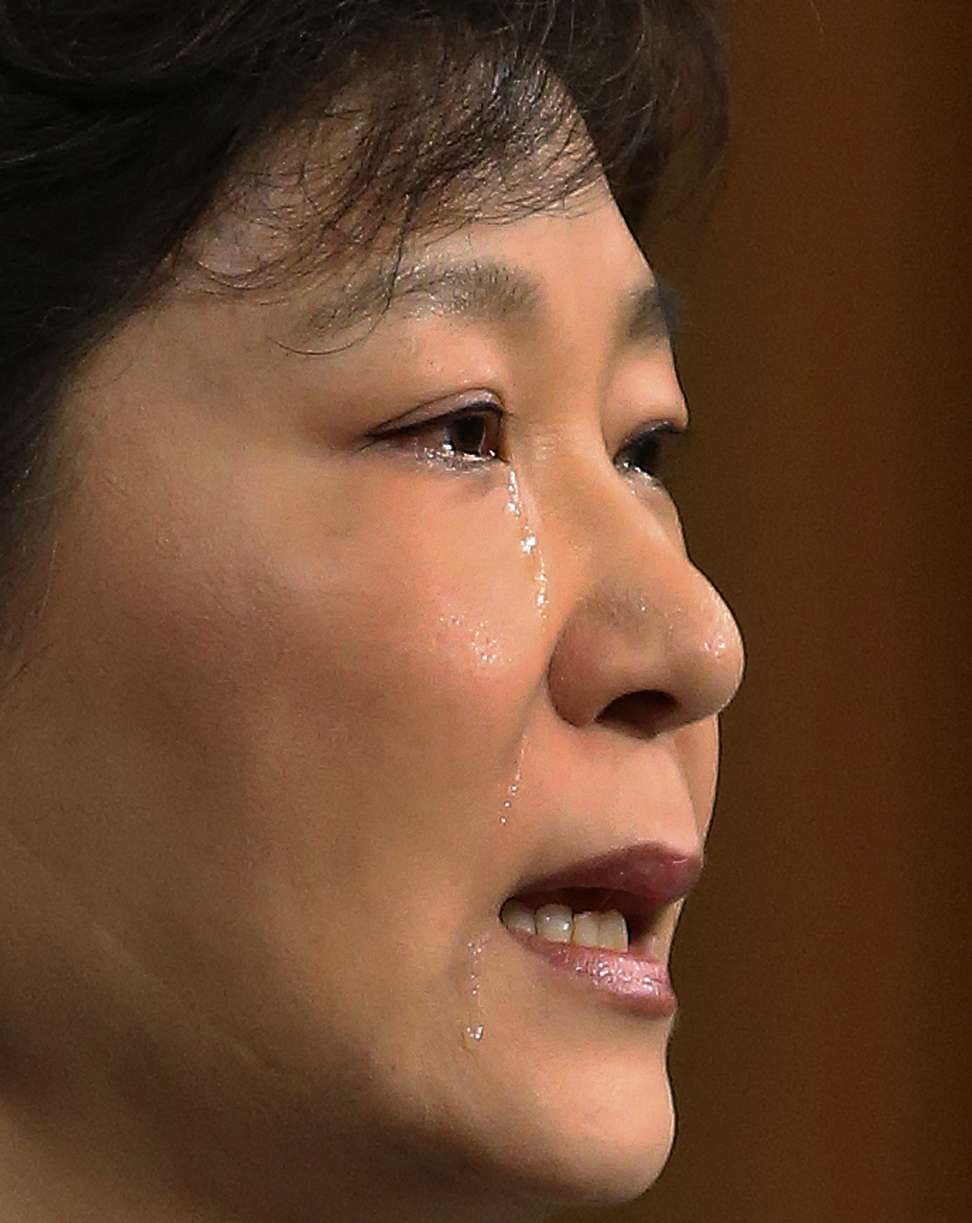
The dark side of the miracle of Asian economic growth
The current crisis in South Korea exemplifies the problems that have arisen as development was propelled by close ties forged between the state and business
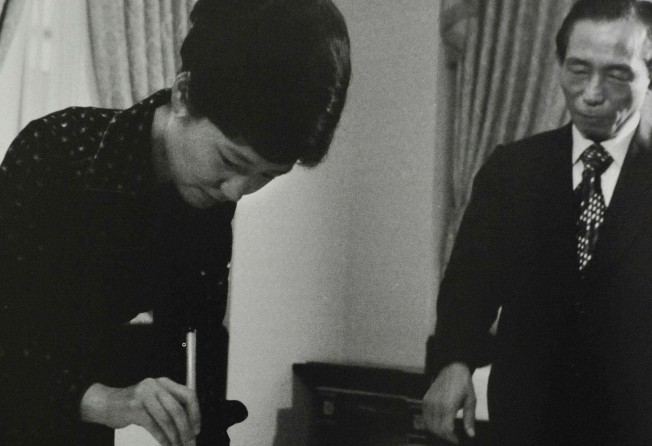
Corruption and collusion seem inevitably to go hand in hand with development and nation-building in Asia. They are the dark side of the region’s economic miracles. There is perhaps no better illustration of that than the history of the tragic Park family and the rise of the chaebols in South Korea.
General Park Chung-hee, the dictator credited with laying the foundations for the country to become a global economic powerhouse, also helped create the chaebols – “wealth clans” who have defined
Korea’s economic and political landscape for decades and continue to do so.
His daughter, Park Geun-hye – the impeached ex-president accused of corruption, violating the constitution and interfering in corporate affairs – has been detained in the same facility as Lee Jae-yong, better known as Jay Y Lee to Westerners, who is heir to the Samsung Group, the largest and most powerful of the Chaebols.
The rich irony is that Park Geun-hye is being implicated in the kind of collusion whose history dates back long before she even entered politics. The culture of close ties between state and business runs deep in Korea, and goes back to the young Lee’s grandfather, Samsung founder Lee Byung-chul, and Park’s father.
The funny thing is that back in the 1960s, the two founders, one in business and the other in politics, despised each other. The elder Lee thought Park was nothing but a thug, while the general thought Lee was someone born with a silver spoon in his mouth. But early on, Park favoured select companies to lead in the country’s strategic industrial sectors, and Samsung was among them.
Like many great men in history, Park – who came to power through a military coup in 1961 - was able to look beyond the animosities towards the bigger goal of national development. He understood that to pull the country out of poverty after the bloodletting in the Korean war, he needed to boost the economy, and he could not do it without the help of key companies in segments of the economy his government had identified as key strategic sectors.
To get those companies to play ball, the general coaxed, intimidated, manipulated and threatened them for his purpose. But he also offered them government and foreign loans, lax regulation and tax cuts. The control of lending was easy because the government owned and controlled all the banks during Park’s long reign, and so was able to dictate where the credit flowed.
He also played favourites. While he detested Lee of Samsung, he seemed to have a genuine liking and admiration for Chung Ju-yung, the founder of Hyundai, who was a peasant’s son and never graduated from elementary school.
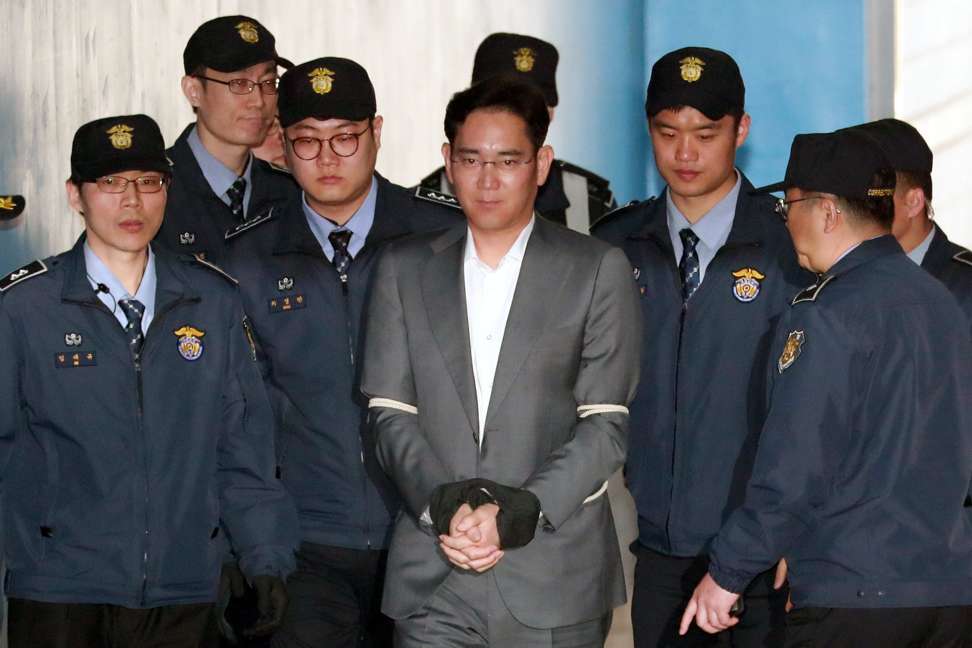
He allowed those favoured companies – today we would call them national champions – to grow into dominant players, protected them from foreign competition with high tariffs and took a lax attitude towards intellectual property to the extent of encouraging the reverse engineering of foreign innovations.
In time, these companies – some founded during the Japanese occupation, others during Park’s reign – grew into large conglomerates, with dominant businesses across economic sectors. Frugal himself, Park allowed the heads of those companies to become captains of industry – and keep all their wealth. Thus the chaebols were born, ones that were always headed by a domineering patriarch and where succession was usually by primogeniture.
Much later, to protect their continuing monopoly-like dominance, avoid foreign takeovers and ensure control by their patriarchs and their families even with relatively low levels of share ownership, they would use extremely complicated, spaghetti-like cross-ownership of subsidiaries – run by loyal lieutenants – within the same group.
That is precisely what allegedly happened in the current crisis. The Samsung Group wanted to ensure the young Lee’s smooth succession by cementing the family’s full control. This involved a crucial merger of two subsidiary units, Samsung C&T and Cheil Industries. Nothing legally wrong with that, even though many outside shareholders reportedly objected to the merger. But the plan could not proceed without the approval of regulators.
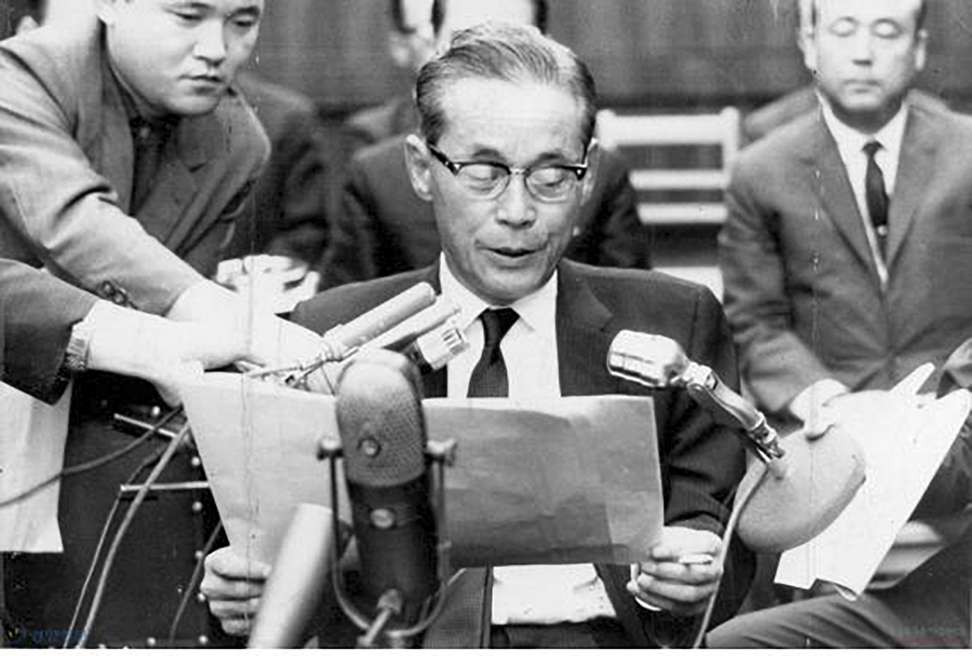
Park Geun-hye met the young Lee several times. And it has been the prosecutors’ contention that she helped Lee to obtain government approval for the merger in exchange for financial support for businesses and charity foundations run by her long-time confidante, Choi Soon-sil. Both Park and Lee have denied any wrongdoing.
For outsiders, the ongoing scandal that has brought down a president and seen the country’s most powerful businessman in handcuffs must look like a complete disaster. But, for Koreans of even early middle age, they would have seen it all before – multiple times. Many may even welcome the chance to clean up entrenched but corrupt government and business practices.
Three of Park’s predecessors, for example, spent time in jail for corruption or worse – massacre and treason. A fourth probably escaped prosecution for corruption by jumping off a cliff.
The young Lee’s father, Lee Kun-hee, the incapacitated chairman of the Samsung Group, was convicted of corruption not once but twice. Chung Mong-koo, Hyundai’s chairman, was found guilty of fraud in 2007. Chey Tai-won, the chairman of SK, the telecommunications and semiconductor giant, was convicted of embezzlement four years ago. LG chairman Koo Bon-moo was questioned by legislators over large donations to charities in the current scandal, though he has denied any wrongdoing.
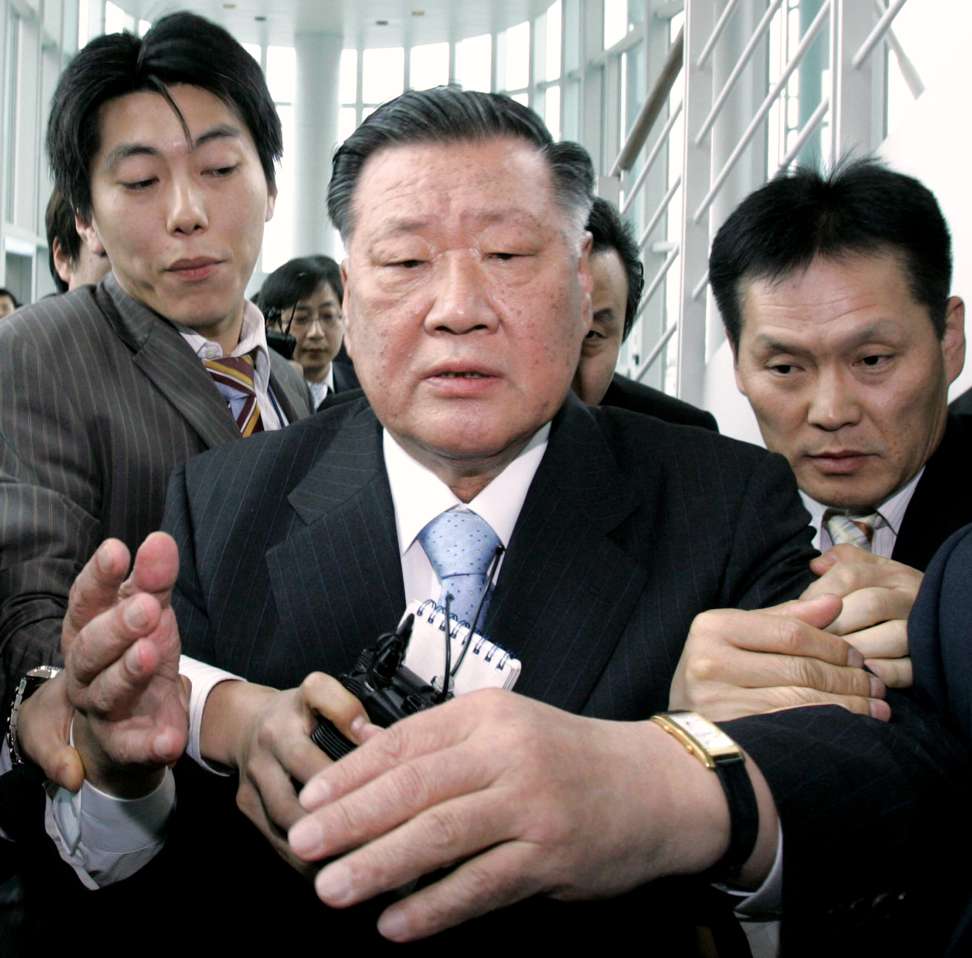
Many Koreans, among them the hundreds of thousands who have hit the streets against Park since last year, no doubt hope the scandal will prompt reforms and clean-ups. But the chaebols have been here before, many times, and each time they survived.
An early indication of “business as usual” is that the sub-index that tracks the share performances of the chaebols has actually slightly outperformed the broader Korean market since the scandal broke last year. The Korean won has been on a tear since the start of the year, making it the best performer among major Asian currencies. A dire political crisis does not usually go hand in hand with a rising currency. Investors seem to think the current scandal, however it plays out, will not do significant damage to the chaebols, nor will it be too politically destabilising.
After all, a chaebol chief usually receives a pardon after conviction, as did convicted former presidents.